Day 1 – Midterm Conference
DAY 1
Monday, October 31st
Welcome and icebreaker
On the 1st day of Midterm Conference, the guests were invited to a “Meet & Great” at the venue Ni Muser Café in Trondheim. This was the first time an in-person meeting was held for the consortium following the COVID-19 pandemic. It was a great chance for the members meeting colleagues across Europe and Uruguay whom had only so far met online.
Following that, the event hosted by the partner Norwegian University of Science and Technology (NTNU) was welcomed by Sophia Efstathiou, Elin Danielsen Huckerby, Libe García Zarranz and Sarah Santos e Silva, all ISEED members from NTNU.
Sophia Efstathiou made a “Welcome Speech” and in sequence invited Bogdan Glogovac and Sarah Santos for the “Ice Breaker” activity on behalf of the Gibberish Improvisational Theater group, based in Trondheim.
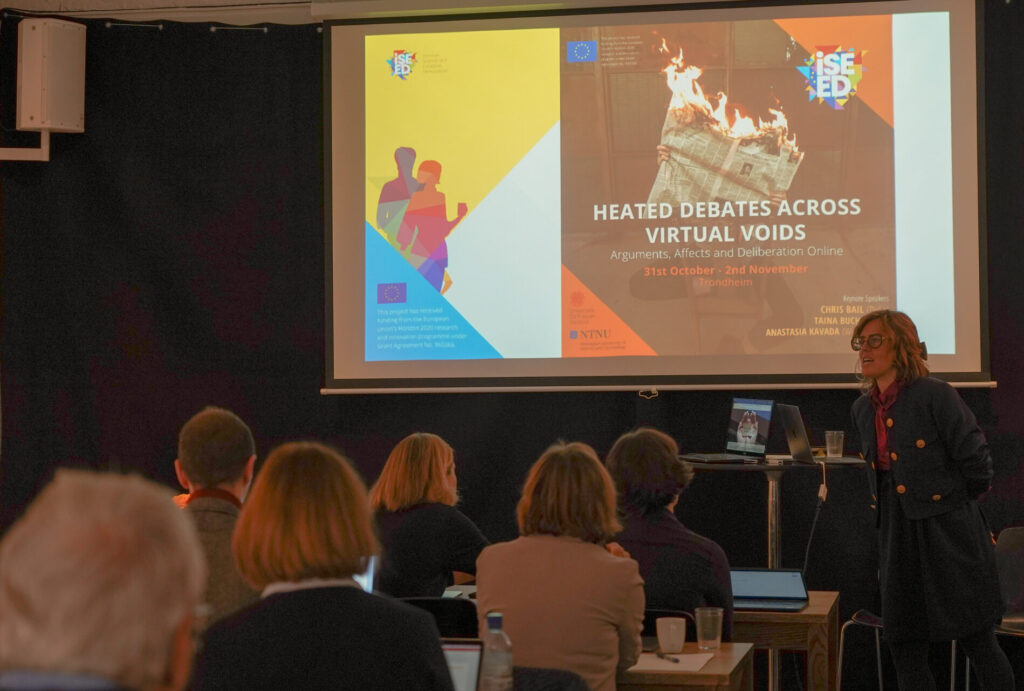
A key emphasis for improvisational work is cultivating skills for attentive listening, accepting what one is offered, and embracing failure and mistakes.
Participants were invited to form a circle and introduce themselves to each other through a name-game. This game involved one stepping forward in the circle and saying their name, along with making a move with corresponded with an animal, starting with the same letter as their first name.
The activities worked as warm-ups and icebreakers, creating a relaxed atmosphere for the meeting to take place, and set precedence that allowed people to take risks in discussion and communicating with each other.

Keynote Talk
“Vulnerability and Online Deliberation”
Anastasia Kavada (University of Westminster)
Following that, chair Sophia Efstathiou welcomed the first event Keynote Talk “Vulnerability and Online Deliberation” by Anastasia Kavada, Reader in Media and Politics in the Westminster School of Media and Communication at the University of Westminster.
What happens once we centre care and vulnerability in online deliberation? asks Anastasia. She explains that care ethics prompt a reflection on how emotions could be managed in online deliberation, in terms of both their combination and sequencing.
Kavada claims that attendance to the others’ vulnerability is also based on active listening that can be viewed as a kind of caring.
An emphasis on care further draws our attention to embodiment and to the necessity of caring for the civic body as a basic condition for participants to engage in online deliberation. Taken together, these insights can inform the ways in which we design and practice online deliberation.

Invited Talks
“A Community of Inquirers: Experts, Lay Experts and Wisdom”
Pierluigi Barrotta & Roberto Gronda (UNIPI)
The first Invited Talk was led by chair Eleonora Montuschi who introduced Pierlugi Barrotta and Roberto Gronda to their subject in “A Community of Inquirers: Experts, Lay Experts and Wisdom”.
Pierluigi is Professor of Philosophy of Science and holder of the Galileo Galilei chair at the University of Pisa, while Roberto is Assistant Professor of Logic and Philosophy of Science at the University of Pisa.
The main thesis of their work is that scientific experts and laypeople can and must work together to solve the socially relevant problems that any democracy faces.
Scientific experts and laypeople are the components of a community of inquirers, whose task consists in passing from the definition of a problem to its solution.

“Understanding Polarisation Online”
Bogna Gawrońska-Nowak (IRMiR)
For the Talk “Understanding Polarisation Online”, the chair Giuseppe Veltri welcomed Bogna Gawrońska-Nowak, Associate Professor at Institute of Urban and Regional Development in Warsaw, Poland.
The polarisation of the media message on the Internet (creating echo chambers) is a commonly cited phenomenon. Its “popularity” often deprives it of its cognitive depth and makes it oscillate between an artefact, a truism, and an important social discovery, affirms Bogna. Nevertheless, little is known about the detailed characteristics of media polarisation, how and why it is exactly, and its relationship to the quality of the social fabric and social relations.
Understanding the methods of defining and measuring polarisation and, at the same time, the bias of these methods appears crucial for correctly reading these patterns. Our preliminary content analysis regarding COVID shows that the discourse polarisation is not as obvious as it may seem.
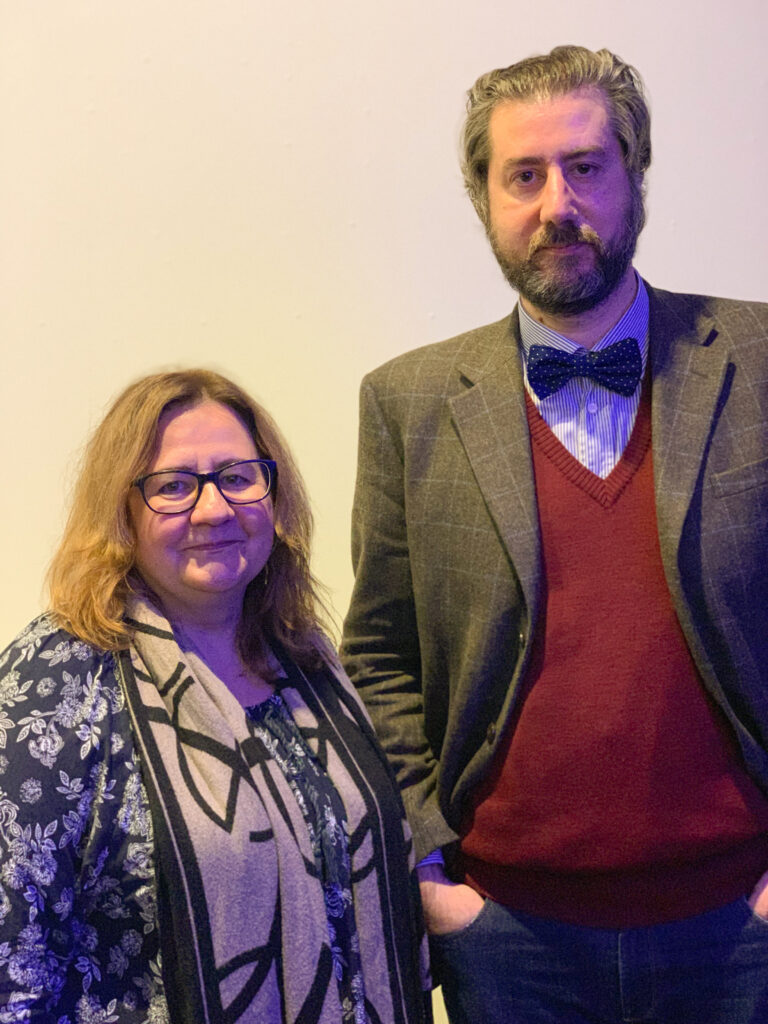
“A search for purity or a search for self-enlargement: Populism, Polarisation, and the Aesthetics of Self-making”
Elin Danielsen Huckerby (NTNU)
After that, chair May Thorseth introduced the Invited Talk “A search for purity or a search for self-enlargement: Populism, Polarisation, and the Aesthetics of Self-making” by Elin Danielsen Huckerby, Researcher in the Department of Philosophy and Religious Studies Faculty of Humanities, Norwegian University of Science and Technology, Norway.
Elin showed in her interesting presentation that recent populism research suggests that understanding populism through how it creates a sense of unity is a more fruitful approach than established ideational or post-discursive, rhetorical approaches (Katsambekis 2022, Seongcheol 2021).
She suggests that populist identity making is dominated by an aesthetics of purity that requires an underlying belief in the possibility of metaphysics (essences). Taking a pragmatist stance against metaphysics, Elin proposes that to prioritise heightening anti-essentialist sensibilities in democratic cultures might be more vital than currently presumed.
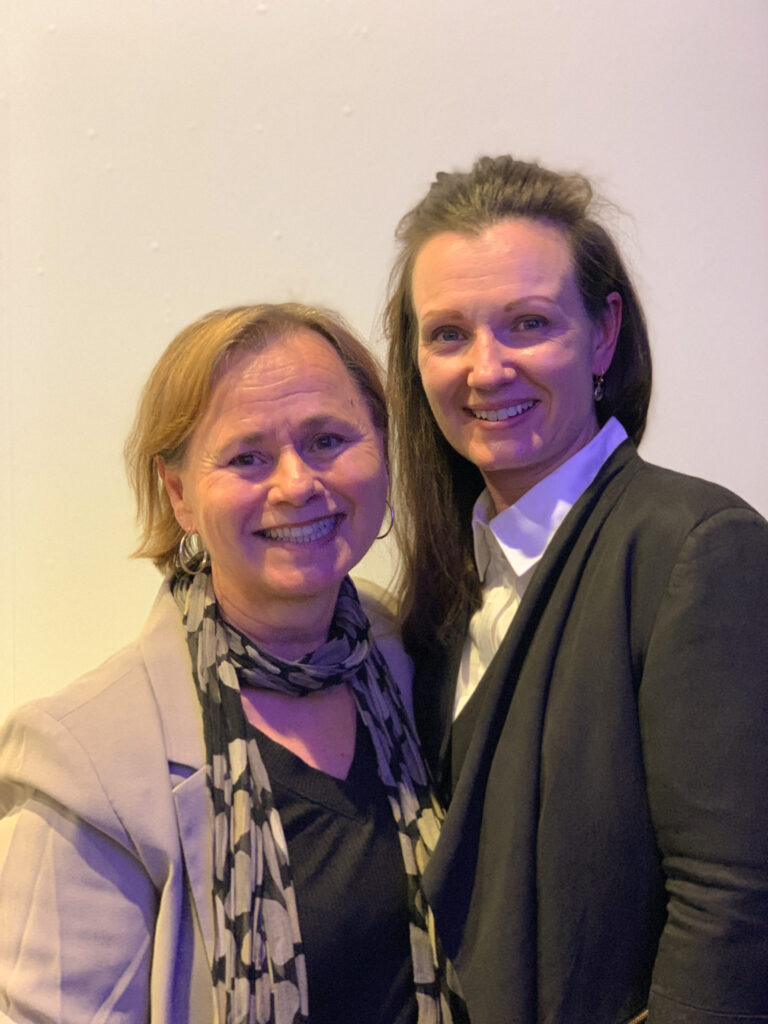
Panel Discussion
Inclusion and Deliberation Online
Anastasia Kavada, Taina Bucher, Frederik Rosén, Gulabuddin Sukhanwar, George Gaskell, Elin Danielsen
On the evening of Day 1, with the help of Gulabuddin Sukhanwar, founder of the Literature for Inclusion initiative at the Litteraturhuset (Trondheim), a public discussion was held at Trondheim’s House of Diversity (Mangfoldshuset). ISEED collaborated with Mangfoldshuset to enhance the reach of our workshop and to reach a broader public.
The discussion invited a panel of discussants, including Anastasia Kavada, Taina Bucher, Frederik Rosén, Gulabuddin Sukhanwar, Giuseppe Veltri, and Elin Danielsen Huckerby, to reflect on inclusion and democratic deliberation online. The discussion was chaired by Sophia Efstathiou. The following questions were shared with panelists ahead of time to guide the discussion:
How can we understand democratic inclusion? What are the dynamics of exclusion in democratic debates online? How can inclusion be supported or enhanced?
After a presentation of their background and interests discussants debated the importance of inclusion and modes for inclusion in democratic deliberation, as well as the role of technology in enhancing democratic participation. The discussion started with questions posed to participants by the chair, and then opened to questions from the public. It was a lively and engaging event.
The discussion was filmed and an edited version of will be coming soon on this page!

Photo Gallery
Here you will find all pictures from Day 1 of the Midterm Conference!











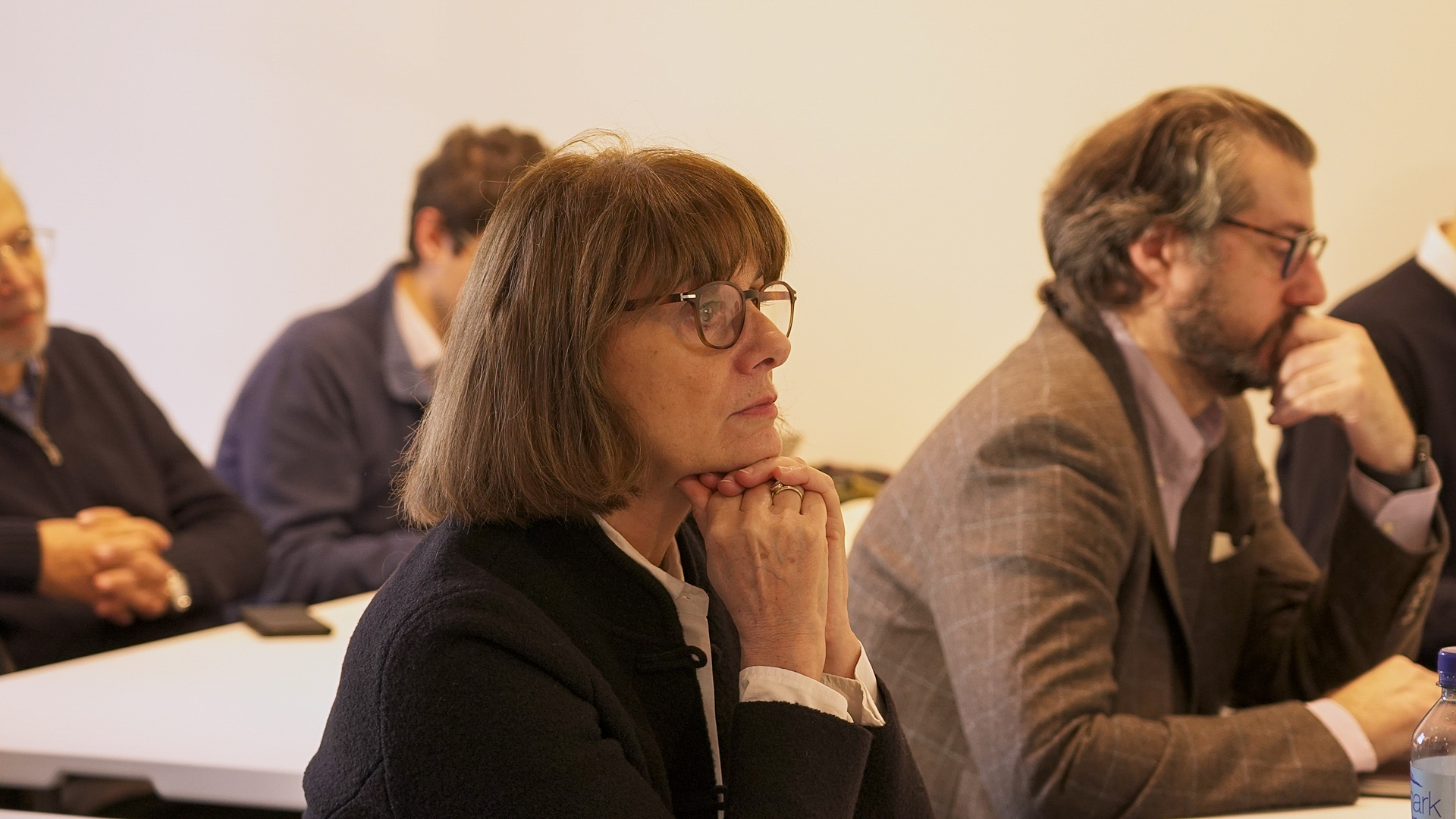




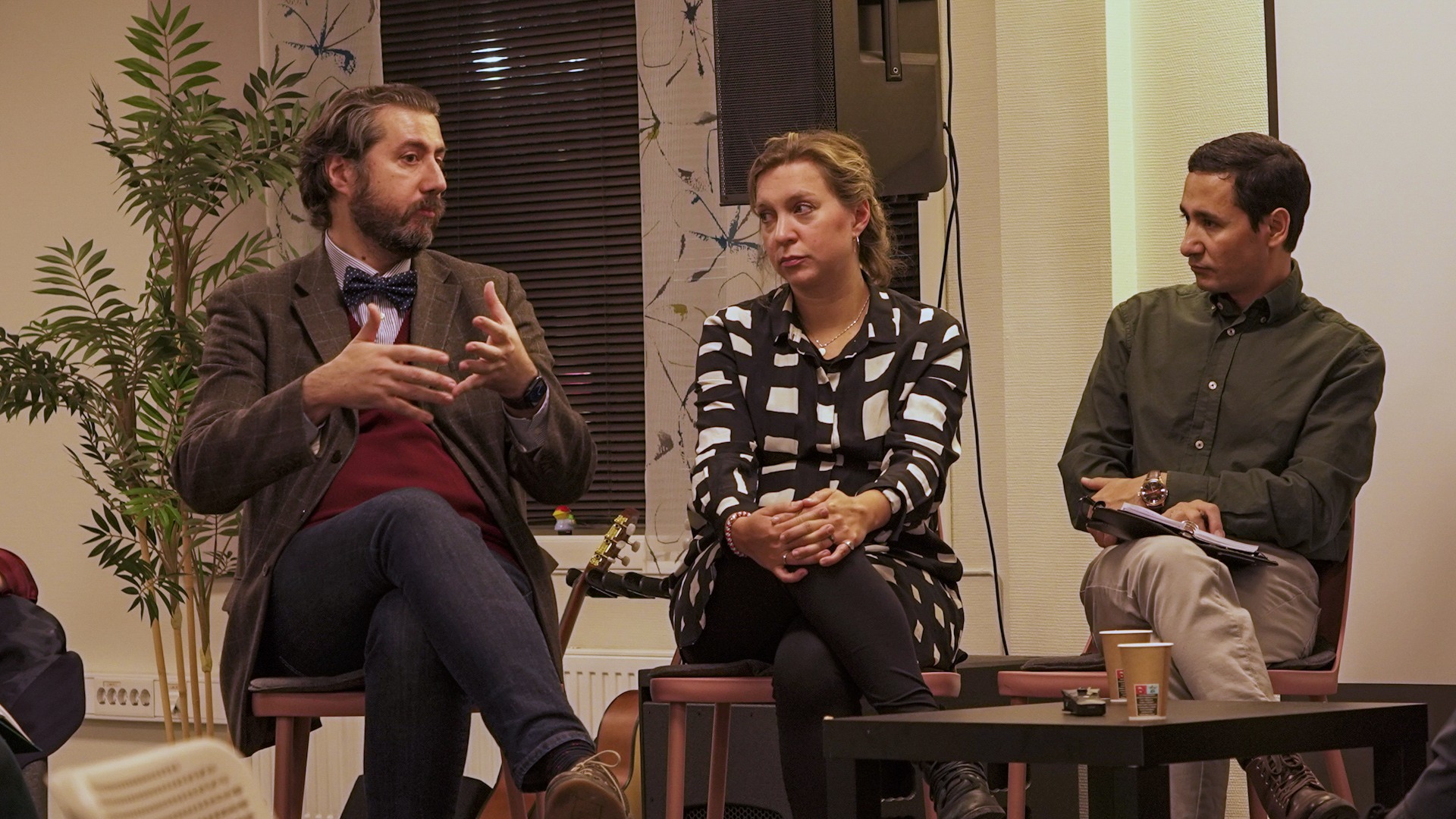
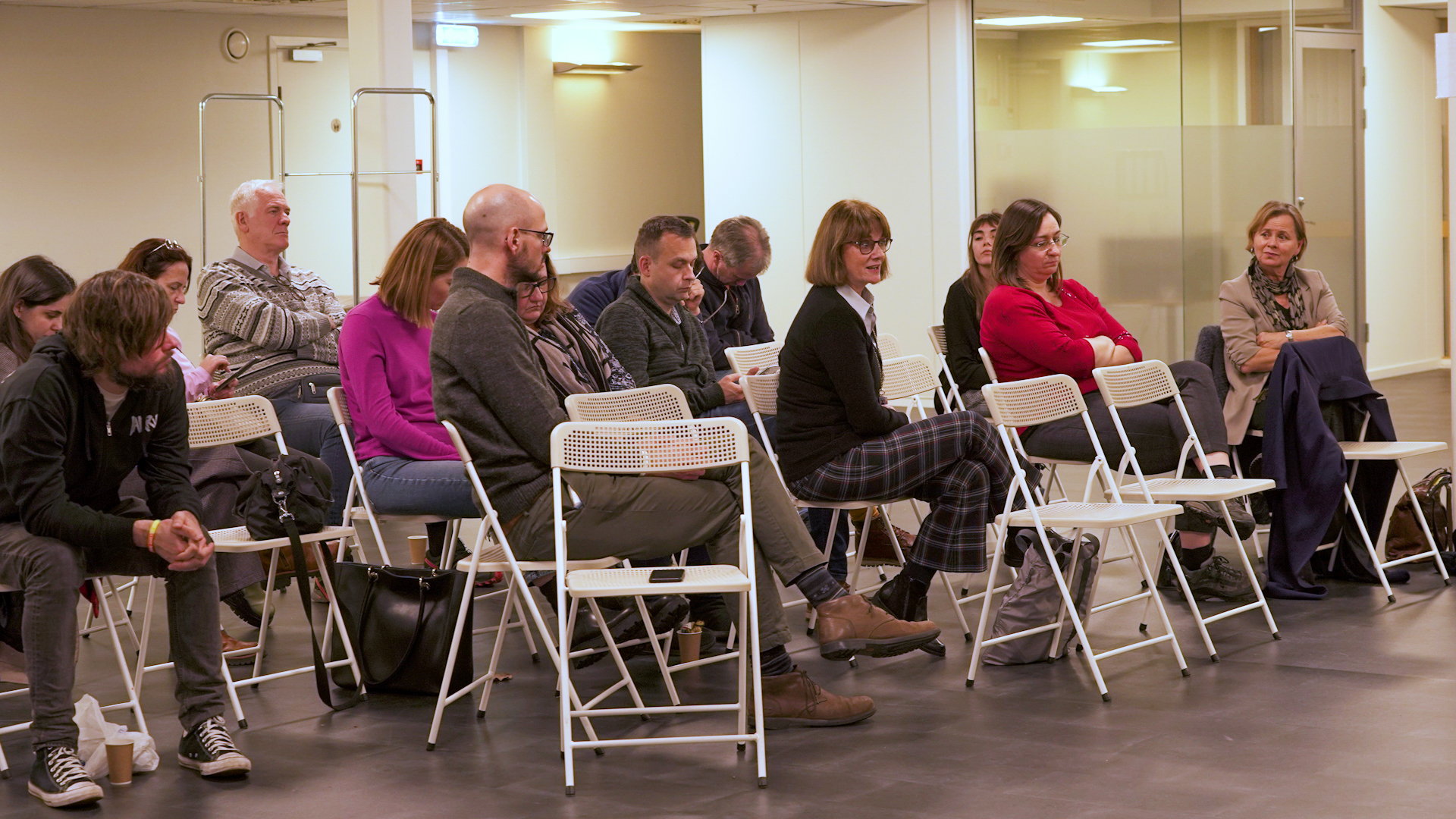
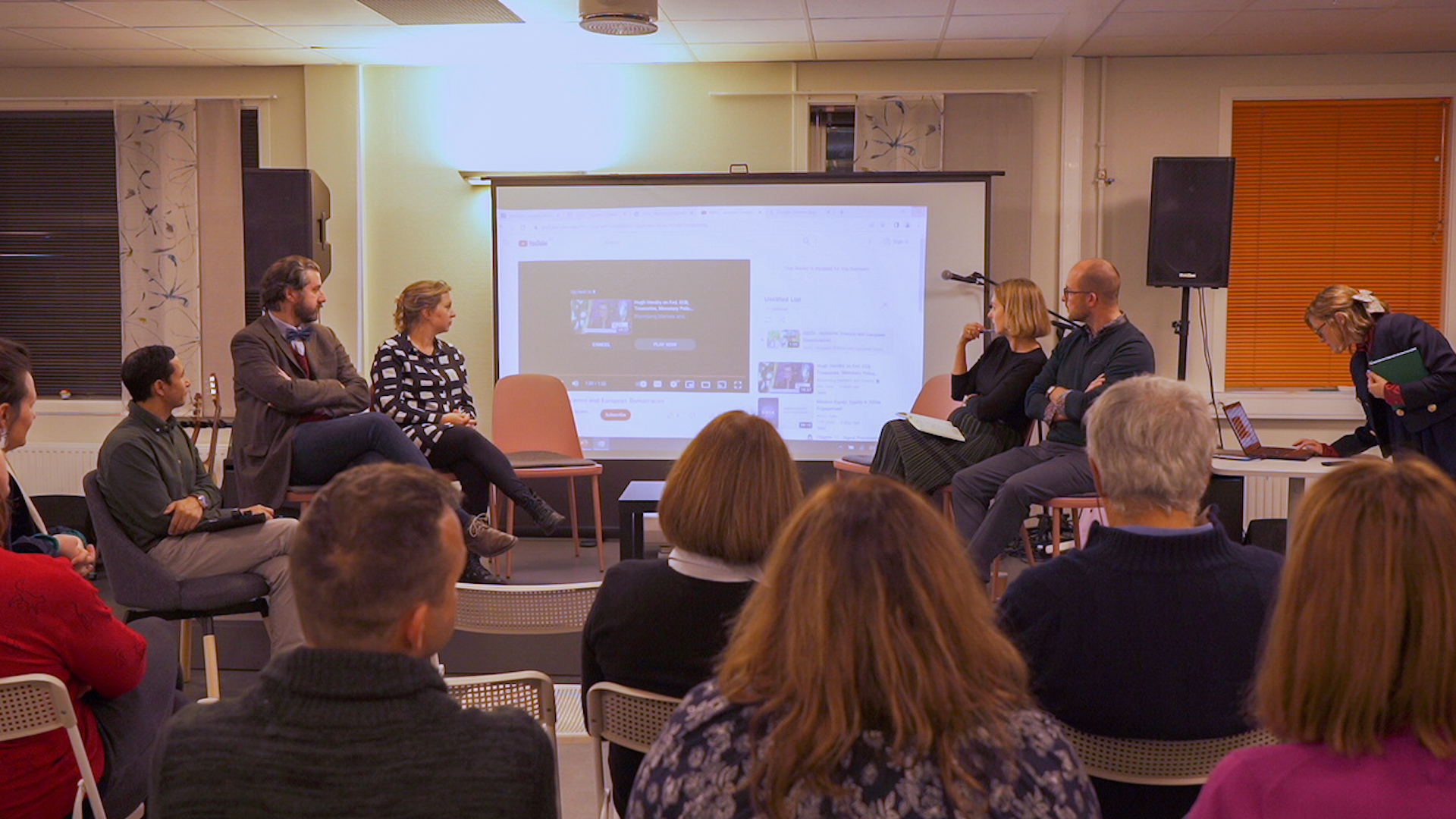
Text: Elin Danielsen Huckerby, Sophia Efstathiou, Sarah Santos
Edit: Sarah Santos
Last update 17/01/2023


